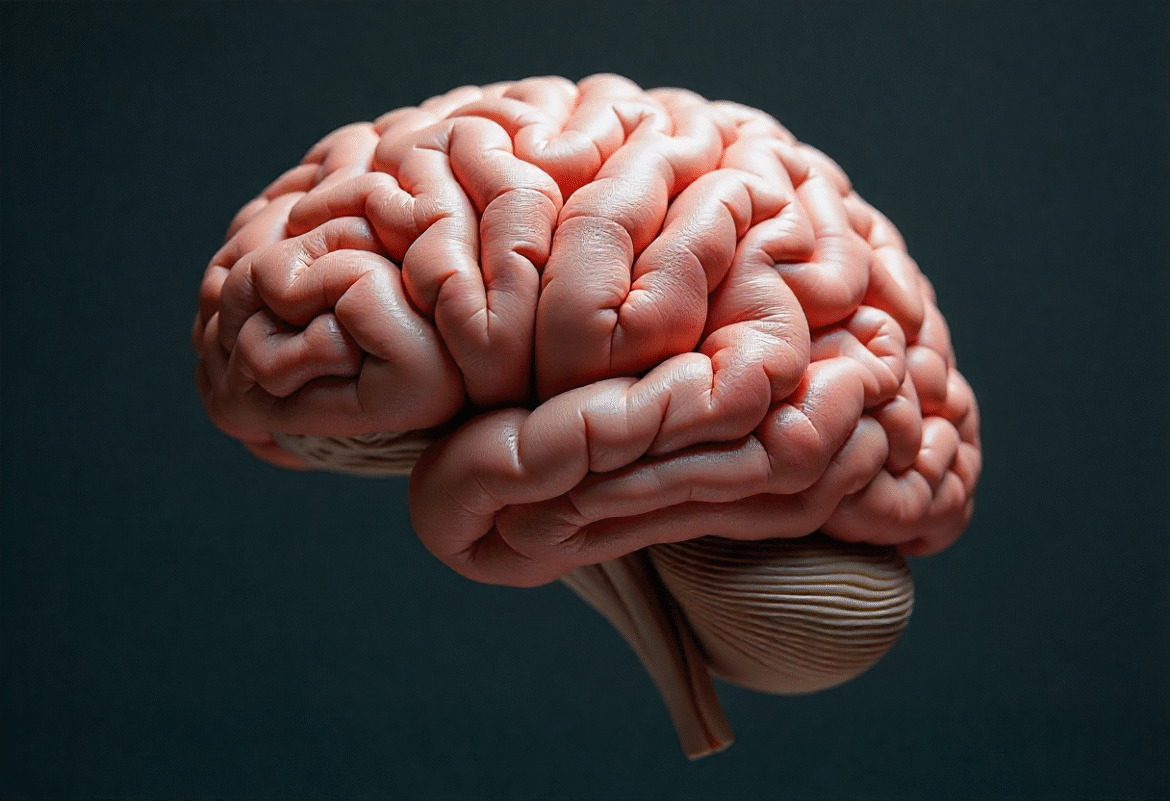Overview
A groundbreaking study published on August 6, 2025, in Nature suggests that lithium an ancient remedy could be a key to protecting aging brains from Alzheimer’s disease. Developed by researchers at Harvard Medical School, the work unveils a previously unknown role for naturally occurring lithium in brain health and resilience against neurodegeneration (Nature, The Washington Post, Harvard Gazette).
Key Discoveries
- Natural Presence & Depletion
For the first time, scientists confirmed that lithium exists naturally in the brain at physiologically meaningful levels, akin to nutrients like iron or vitamin C (Harvard Gazette, Nature, HMS Harvard).
Critically, lithium levels are significantly reduced in individuals exhibiting mild cognitive impairment (MCI) and further depleted in those with full blown Alzheimer’s disease. Amyloid plaques, a hallmark of Alzheimer’s, appear to sequester lithium, reducing its availability in the brain (Nature, Harvard Gazette). - Mouse Model Evidence
In mice, a 50% reduction in brain lithium, induced via diet, accelerated Alzheimer‑like pathology including amyloid beta and tau accumulation, neuroinflammation, loss of synapses, myelin, and rapid cognitive decline (Nature, GEN). - Reversal with Lithium Orotate
Introducing lithium orotate, a lithium salt designed to avoid amyloid binding, both prevented and reversed Alzheimer type brain changes and memory loss in aging and Alzheimer’s-model mice (Nature, The Washington Post, GEN). - Broader Implications & Caution
The researchers propose that measuring lithium levels in the brain, blood, or cerebrospinal fluid could serve as early biomarkers for Alzheimer’s risk. And because lithium orotate is inexpensive and administered in low doses, it holds promise for rapid translation into clinical trials (The Washington Post, Harvard Gazette, STAT).
Still, experts and the lead researcher Bruce Yankner caution that human studies are still needed, and they do not recommend self‑administration lithium has known side effects and remains unvalidated for Alzheimer’s in humans (The Washington Post, STAT, Wikipedia).

Why This Study Matters
- Shift in Alzheimer’s Research Paradigm
Most treatments target only one aspect of Alzheimer’s, such as amyloid plaques. This lithium focused approach addresses multiple neural processes together including inflammation, synapse health, myelin integrity, and cellular cleanup making it uniquely promising (Nature, Globedge, GEN). - Novel Biomarkers & Early Intervention
Declining lithium levels may precede symptoms. Monitoring lithium could help identify at risk individuals years before dementia manifests, enabling earlier treatment and potentially prevention (The Washington Post, Harvard Gazette). - Affordable & Scalable
Unlike costly biotech drugs, lithium orotate is cheap, low dose, and well known. This increases the likelihood of widespread access if efficacy in humans is proven (The Washington Post, Best Life).
Conclusion
This landmark Nature study breathes fresh hope into Alzheimer’s research by rediscovering lithium not as an exotic drug, but as a potentially essential micronutrient for brain resilience. Its deficiency may ignite disease, while replenishment has the power to reverse cognitive decline in mice. Though human validation lies ahead, lithium offers a tantalizing new frontier in the quest to protect aging minds.

